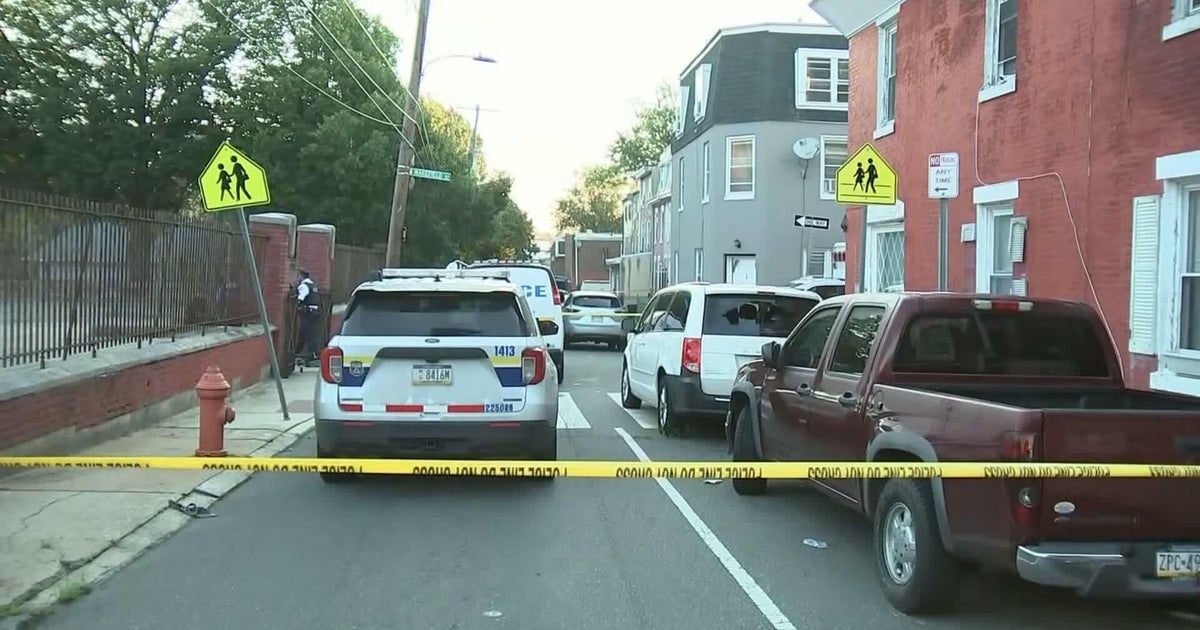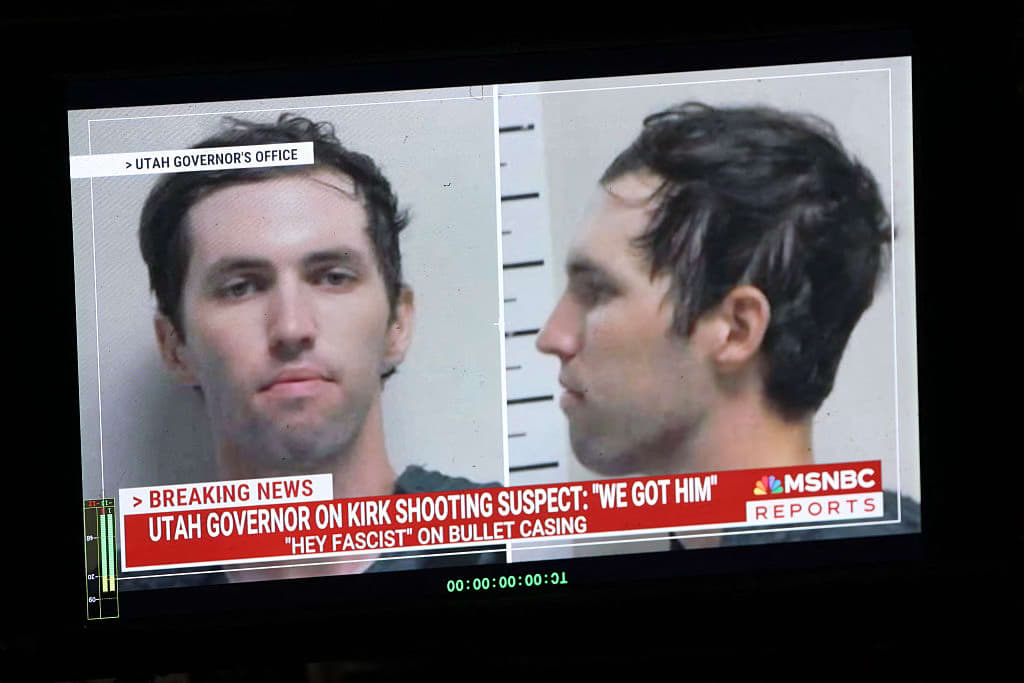Colombian man allegedly involved in murder of Haitian President Jovenel Moïse arrested in U.S.
A man who authorities believe was involved in the assassination of Haitian President Jovenel Moïse has been arrested in the United States, the Department of Justice announced Tuesday. Moïse was killed in a "well-coordinated" attack at his home on July 7, 2021.
In the criminal complaint, which was filed in the Southern District of Florida and unsealed on Tuesday, the Justice Department alleges that Mario Antonio Palacios and others entered the presidential residence in Port-au-Prince on July 7 with the "intent and purpose of killing President Moïse." Moïse's wife was also injured in the shooting.
Palacios, a 43-year-old Colombian national, is charged with "conspiracy to commit murder or kidnapping outside the U.S. and providing material support resulting in death, knowing or intending that such material support would be used to prepare for or carry out the conspiracy to kill or kidnap," the DOJ said.
After the assassination, Palacios fled Haiti and went to Jamaica. However, he was recently deported from the island and agreed to travel to the U.S., where he was apprehended by authorities. He is in custody and was scheduled to appear in court on Tuesday, the DOJ said.
Palacios could face life in prison if he is convicted.
The FBI, Homeland Security Investigations and other agencies are investigating the case.
An estimated 20 other Colombian citizens and a group of Haiti-based dual Haitian-American citizens were allegedly involved in the plot, which started out as a kidnapping attempt before it turned to an assassination, the DOJ said Tuesday.
One of the suspects allegedly wrote to others asking them to help with the plot during a trip to the U.S. on June 28, 2021. He was later arrested in Haiti, where he remains jailed, according to the DOJ.
Authorities had previously announced several arrests in connection with the assassination, including two U.S. citizens. Local authorities also said they killed several of the suspects. More than a week after Moïse's death, the Pentagon said some of the suspects had received U.S. military training in Colombia.
Moïse's death brought more chaos to a country that was already enduring gang violence and political unrest on top of entrenched poverty. It also contributed to an exodus of Haitians from the island. Many traveled to the U.S. border, hoping to claim asylum.



